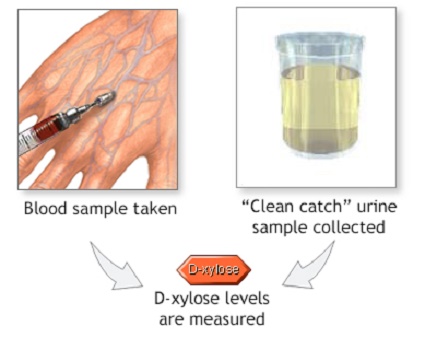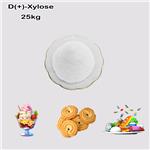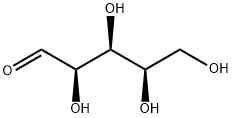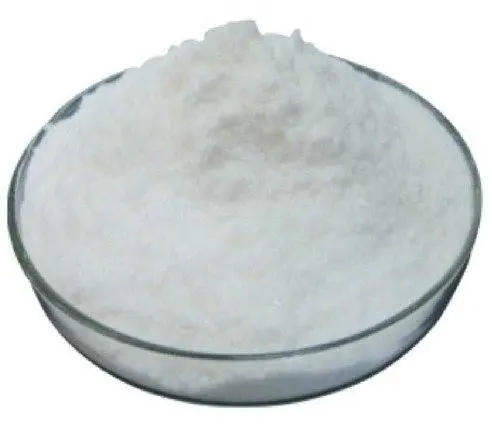What is D-Xylose Absorption Test?
Xylose (d-xylose) is a simple sugar (carbohydrate) usually easily absorbed by the body. If not enough bile or pancreatic enzymes are available, then carbohydrates and other foods cannot be properly digested. If a condition prevents the intestines from absorbing the nutrients, they are lost by excretion in the stool. In both cases—improper digestion or absorption—the affected person can experience symptoms associated with malabsorption and, in severe cases, symptoms of malnutrition and vitamin deficiency.

Hence, when problems with absorption occur, the intestines do not absorb D-xylose, and its level in blood and urine is low. The D-xylose absorption test measures the level of D-xylose, a type of sugar, in a blood or urine sample. This test is done to help diagnose problems that prevent the small intestine from absorbing nutrients in food and evaluate the person’s ability to absorb carbohydrates in general.
A normal result depends on how much D-xylose is given. In most cases, the test results are either positive or negative. A positive result means that D-xylose is found in the blood or urine and is, therefore, being absorbed by the intestines[1-2].
References
[1] Y Peled. “D-xylose absorption test. Urine or blood?” Digestive Diseases and Sciences 36 2 (1991): 188–92.
[2] Robert M. Craig, Arthur J. Atkinson Jr. “d-Xylose testing: A review.” Gastroenterology 95 1 (1988): Pages 223-231.
You may like
See also
Lastest Price from D(+)-Xylose manufacturers

US $1.00/g2025-08-22
- CAS:
- 58-86-6
- Min. Order:
- 1g
- Purity:
- 99%
- Supply Ability:
- 1000kg

US $0.00/KG2025-06-26
- CAS:
- 58-86-6
- Min. Order:
- 1KG
- Purity:
- 98%min
- Supply Ability:
- 30tons/month


